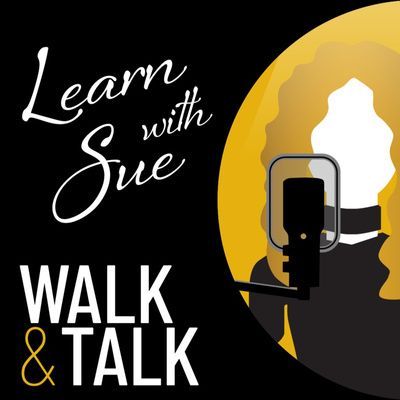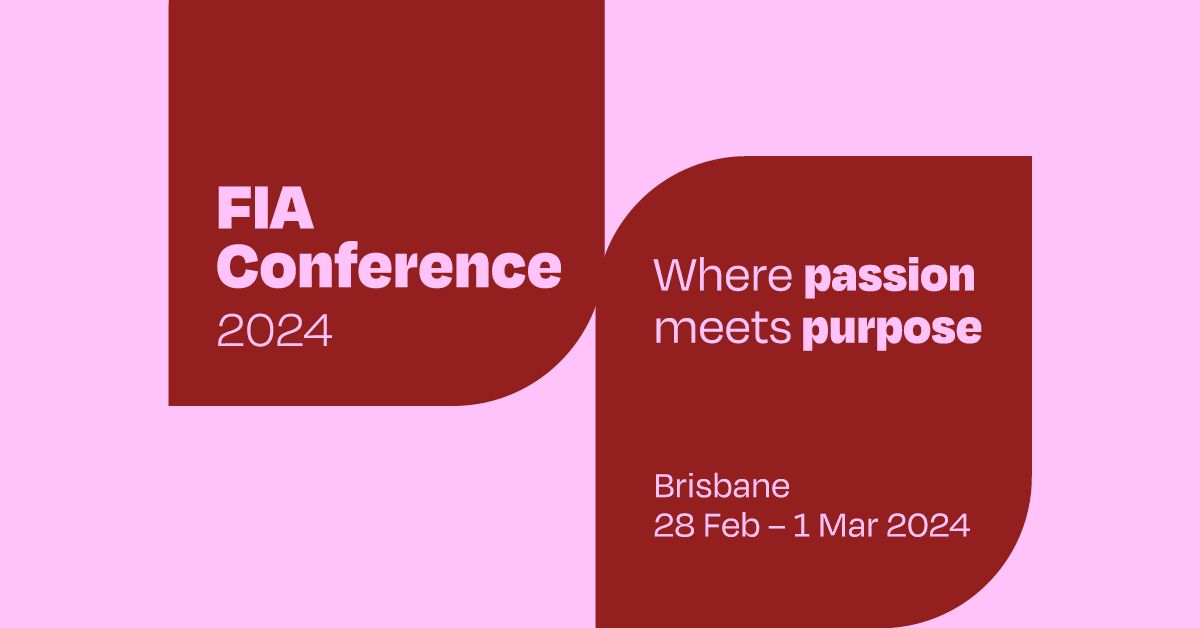Leveraging Your Strengths to Light You Up
Building on our previous article from last month, we take a look at the many ways in which our strengths can be leveraged to light us up. Rebecca Rynehart talks to Leanne Warner , General Manager Consulting at the Langley Group , about the pivotal role our strengths play in both the workplace and our own personal development. We touch on the hiring process, managing emotions and developing high performing teams.
Rebecca: Is there any evidence that a business that really takes strengths seriously has a distinct advantage?
Leanne: The Corporate Leadership Council in the UK did a great study a while back of circa 20,000 people from a range of different for profit, government and non-profit organisations. This research was fascinating as it found that emphasising performance strengths increases individual performance by 36.4%. Whereas emphasizing performance weaknesses decreased performance by 26.8%.* Our brains are an error detection mechanism and so they automatically go to the error, problem or area requiring change i.e. the problem rather than thinking about that possible opportunity, the solution orientation, which is the strengths approach. So this takes some shifting, but it is incredibly valuable.
There's a wealth of research indicating that highly engaged high-performing teams are strengths orientated, where strengths are firmly embedded into everything such as the weekly huddles, the one-on-ones, the performance review system and every team discussion. These teams openly talk about how they are using their strengths and how they can combine them to collectively operate at their best. Team leaders and Managers have an excellent opportunity to reflect on a situation and say to their team member ‘let’s get into your strengths and see what you have in your toolkit to tackle this differently’.
R: Strengths can really come into their own during the hiring process to assist people and companies to match at a much deeper level. For example, the interview stage is a perfect platform to consider and communicate the strengths required for both the role and the culture of the business. Do you have any suggestions for how to weave this into an interview?
L: Yes indeed, as the interviewer, you can frame your questions to elicit examples of using strengths, for instance ‘tell me about the times when you have really led and inspired collaboration within your previous organisation.’ This may show strengths of change agent or catalyst or improver. Or ask the candidate, ‘when were you feeling most energized and successful at work and give me an example of what you were working on’. This will offer up their strengths and if you can see their face, you will see them become more animated. The response becomes more meaningful when you ask the behavioural question through the lens of strength.
If you hear phrases from them like ‘I love it’, or ‘you just reminded me it was brilliant. This is what we did…..’ then this suggests that the person naturally wants to work that way. Another good question to tap into those unrealised strengths is to ask ‘what would great look like?’. What would be your perfect day or perfect week?’. If they give you an example of where things didn't work so well, you could ask them, ‘If you could reframe all of that and have that situation turn out quite differently. What would it look like?’ People will sometimes then give you that aspirational idea and maybe that is them actually be tapping into their unrealised strengths. For example, they didn’t do it but they could have and may well, in the future if you hold the mirror up on their possible strengths.
R: Understanding and working with your strengths is a great tool for self-reflection and improvement and I imagine our strengths change as we grow and develop?
L: Yes they certainly do. They are reflective of a moment in time. At Langley Group we like to say that you should treat yourself a scientific experiment. Your strengths can move, depending on how you are exercising them, like a muscle. You can say ‘I need to bring those ones to the fore and so I'm going to rest these other ones a little’. I personally keep my strengths profile on my desk so that when I'm working every day, I'm able to say ‘how am I facing the day today?’ Or if I get dispirited by something, think ‘I’ve got these great strengths. What are you going to do to use these to change your mindset and achieve success?’ Your strengths profile is a snapshot taken at that time, and by becoming more aware of your strengths, you can continually practise using them, and revisit it to see how you've developed.
You should also try to be continually honest with yourself about what does and doesn't energise you. For example, you may have listening as a weakness. However, the definition of a listener is actually somebody who will be entirely present and listen wholeheartedly and love to listen and get great energy from listening. So as a weakness, it's not saying you don't listen, it's saying that it is not going to always light you up. You will know when you are working in your strengths because you will feel fully energised and the activity will be effortless.
R: There are many ways to work on your listening skills, which include becoming comfortable with silence, engaging in self-checks and asking expansive questions.**
L: Yes, one way I would work with this would be to dial-up my realised strength of emotional awareness, paying attention to body language (55% of communication) to help me to engage and communicate more effectively.
R: Can you help to manage your emotions by working with your strengths?
L: Yes, absolutely. We may at times be dealing with something outside of our control which could be bringing us down and fostering negative feelings. Lockdown and isolation at the moment is a good example of how a situation is affecting us all differently. But you can work with your strengths by saying to yourself ‘okay, I can choose to stay there or I can try and shift to a place where I have more hope, aspiration, motivation. So which of my strengths are going to help me to do that?’
For example, I have centred as one of my realised strengths, so if I find myself getting anxious, I focus back into my centered self which is quietly self-confident, and this can help quell my anxiety. I’ll get to that place by perhaps listening to some acoustic music to create a sense of calmness that will then allow me to change from a negative emotional position to a more positive emotional position, using my ‘centered’ strength.
R: If you're struggling to understand ‘how do I apply my strengths?’ a strengths coach will have the questioning ability to help you determine what's going on for you and be able to help you discover how you can develop and improve your mindset through drawing on your strengths. How does this apply to management or leadership?
L: Interpreting strengths is a very useful skill for a leader to have. To be able to navigate your team by shining a light on their strengths and helping them work through situations using their own toolkit is so valuable. You can also, at the hiring stage, select the right fit for the team based on strengths profiles or if you're working within a team that already exists, look at their strengths profiles and consider how some of those areas can be dialed up or down. It's very intricate work, but I guess that's the essence of a high performing team. They're transparent about their strengths and their learned behaviours and weaknesses, and it pays off.
R: Finally, what do you think is the future for strengths profiling and coaching?
L: I think there's a real opportunity for not just leaders but all individuals in an organization to really celebrate diversity. Not just pay lip service to it, but actually celebrate it. I would love to see more organisations learning about strengths, allowing people to access their strength set and be encouraged to use them. They will likely perform better than they have before, engage more in their role, and what may have been average, may become exceptional. Many progressive businesses are using strengths to help people transition into new areas within the organisation as they look to restructure themselves and adapt for the future. It’s a very powerful tool to use at this time of uncertainty and it brings out the best in everyone which can only be a great thing!
*Source : Corporate Leadership Council (2002)**
Source : Harvard Business Review Dec (2019)
Share This blog
Recent Articles










